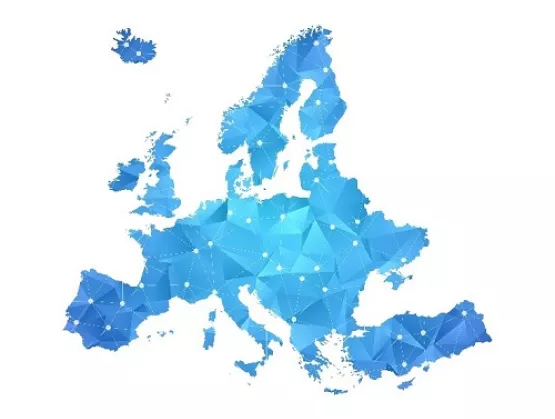
Right after the COVID-19 outbreak, multiple countries in Europe and globally recognized the semiconductor and microelectronics industries as essential and allowed for them to maintain operations of key research and manufacturing activities.
As many governments around the world are currently taking steps to return to business, it is becoming crucial for the EU and Member States to harmonize policies related to cross-border travel for essential workers within and beyond Europe. Cross-border mobility in the semiconductor and microelectronics sectors is vital to maintaining critical research and manufacturing operations that are the foundation of the modern economy and the global response to the pandemic. The sectors enable the processing power, sensing capabilities, connectivity and data storage that drive technology advances in the medical, security, transportation and agriculture industries, among others.
The semiconductor and microelectronics sectors contribute significantly to Europe’s technological and strategic leadership. Europe hosts multiple cutting-edge semiconductor equipment, components and materials manufacturing facilities, as well as research and technology organizations combatting COVID-19 globally. Information and communication technologies enabled by semiconductors and microelectronics have helped a quarter of the world’s population work and study from home and remain safe. Microelectronics also contribute to the development of medical equipment such as ventilators, X-ray machines and diagnostic tools, which are indispensable for the management of the COVID-19 crisis.
Global supply chains require cross-border travel for high-skilled technical staff to ensure that semiconductor and microelectronics manufacturing remains in operation. Cross-border mobility of engineers has been already a serious challenge for the industry in Europe owing to differences across the EU in requirements for posted workers. While the industry has minimized non-essential travel, the usage of equipment and materials from a variety of countries requires specialized expertise that is not present in one single country. Workforce mobility is also needed to deliver mandatory health and safety training programs to onboard talent, and current travel restrictions have significantly disrupted onboarding of new workers as many SEMI members need to hire talent from beyond national borders.

SEMI Europe appreciates the European Commission’s communication Guidelines concerning the exercise of the free movement of workers during COVID-19 outbreak, which supports the continued free movement of all workers in critical occupations, including both frontier and posted workers. The guidelines call on the Member States to allow workers to enter the territory of the host Member State and have unhindered access to their place of employment if they work in certain occupations. The occupations specified include information and communications technology professionals, information and communications technicians and other technicians for essential maintenance of the equipment, engineering professionals such as energy technicians, engineers and electrical engineering technicians, and persons working on critical or otherwise essential infrastructures. Such guidelines should be implemented by the EU Member States to allow the essential cross-border mobility of Europe’s semiconductor and microelectronics workforce.
SEMI Europe recommends that the Commission and Member States engage with Europe’s key partners bilaterally and develop “safe lanes” and “fast tracks” to ease border controls and help revive economic activity. This would be the first step of a much larger recovery plan for the semiconductor and microelectronics industry in Europe based on advanced innovation and research initiatives.
Emir Demircan is director of Public Policy at SEMI Europe. Contact Emir at edemircan@semi.org , 0032484903114.